Barriers to Addressing the Spiritual and Religious Needs of Patients and Families in the Intensive Care Unit: A Qualitative Study of Critical Care Physicians
 【Abstract】
'Though critical care physicians feel responsible to address spiritual and religious needs with patients and families, and feel comfortable in doing so, they rarely address these needs in practice. We seek to explore this discrepancy through a qualitative interview process among physicians in the intensive care unit (ICU).', 'A qualitative research design was constructed using semi-structured interviews among 11 volunteer critical care physicians at a single institution in the Midwest. The physicians discussed barriers to addressing spiritual and religious needs in the ICU. A code book of themes was created and developed through a regular and iterative process involving 4 investigators. Data saturation was reached as no new themes emerged.', 'Physicians reported feeling uncomfortable in addressing the spiritual needs of patients with different religious views. Physicians reported time limitations, and prioritized biomedical needs over spiritual needs. Many physicians delegate these conversations to more experienced spiritual care providers. Physicians cited uncertainty into how to access spiritual care services when they were desired. Additionally, physicians reported a lack of reminders to meet these needs, mentioning frequently the ICU bundle as one example.', 'Barriers were identified among critical care physicians as to why spiritual and religious needs are rarely addressed. This may help inform institutions on how to better meet these needs in practice.'
【Abstract】
'Though critical care physicians feel responsible to address spiritual and religious needs with patients and families, and feel comfortable in doing so, they rarely address these needs in practice. We seek to explore this discrepancy through a qualitative interview process among physicians in the intensive care unit (ICU).', 'A qualitative research design was constructed using semi-structured interviews among 11 volunteer critical care physicians at a single institution in the Midwest. The physicians discussed barriers to addressing spiritual and religious needs in the ICU. A code book of themes was created and developed through a regular and iterative process involving 4 investigators. Data saturation was reached as no new themes emerged.', 'Physicians reported feeling uncomfortable in addressing the spiritual needs of patients with different religious views. Physicians reported time limitations, and prioritized biomedical needs over spiritual needs. Many physicians delegate these conversations to more experienced spiritual care providers. Physicians cited uncertainty into how to access spiritual care services when they were desired. Additionally, physicians reported a lack of reminders to meet these needs, mentioning frequently the ICU bundle as one example.', 'Barriers were identified among critical care physicians as to why spiritual and religious needs are rarely addressed. This may help inform institutions on how to better meet these needs in practice.'
 【Author】
Christian K. Alch, Christina L. Wright, Kristin M. Collier, Philip J. Choi
【Author】
Christian K. Alch, Christina L. Wright, Kristin M. Collier, Philip J. Choi
 【Keywords】
spiritual care,end-of-life care,intensive care,hospice and palliative care
【Keywords】
spiritual care,end-of-life care,intensive care,hospice and palliative care  【Journal】
American Journal of Hospice and Palliative Medicine®(IF:0) Time:2020-11-07
【Journal】
American Journal of Hospice and Palliative Medicine®(IF:0) Time:2020-11-07




